Top 10 Solar Energy Companies in 2025: Reviews, Costs & Global Guide
Discover the best solar energy companies in 2025. Compare global solar panel providers, costs per watt, innovations, and expert buying tips.

Solar energy is no longer just a sustainable trend—in 2025, it's a mainstream power solution for homes and businesses worldwide. Rising electricity costs, government incentives, and global climate targets are driving rapid adoption of solar technology. But with so many providers, choosing the right solar energy company can feel overwhelming.
This guide ranks the top 10 solar energy companies in 2025, comparing their services, pricing, innovations, and market reputation. Whether you're in the U.S., Europe, Asia, or beyond, you'll discover which company suits your needs and how to make a smart solar investment.
Top 10 Solar Energy Companies in 2025 (Global List)
1. SunPower (USA)

-
Overview: Industry leader known for high-efficiency Maxeon solar panels.
-
Pros: Long 25-year warranty, superior panel performance, sleek design.
-
Cons: Premium price point.
-
Average Cost: $2.80 – $3.20 per watt.
-
Best For: Homeowners seeking quality and long-term performance.
2. Trina Solar (China)
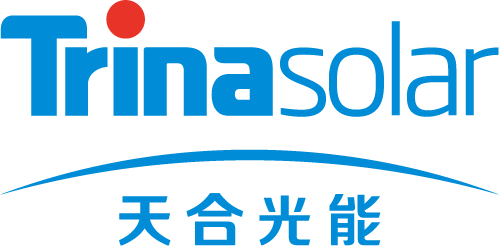
-
Overview: One of the world’s largest panel manufacturers with strong affordability.
-
Pros: Budget-friendly, scalable for large projects.
-
Cons: Limited brand recognition in some regions.
-
Average Cost: $2.30 – $2.70 per watt.
-
Best For: Cost-conscious buyers and large installations.
3. REC Group (Singapore)
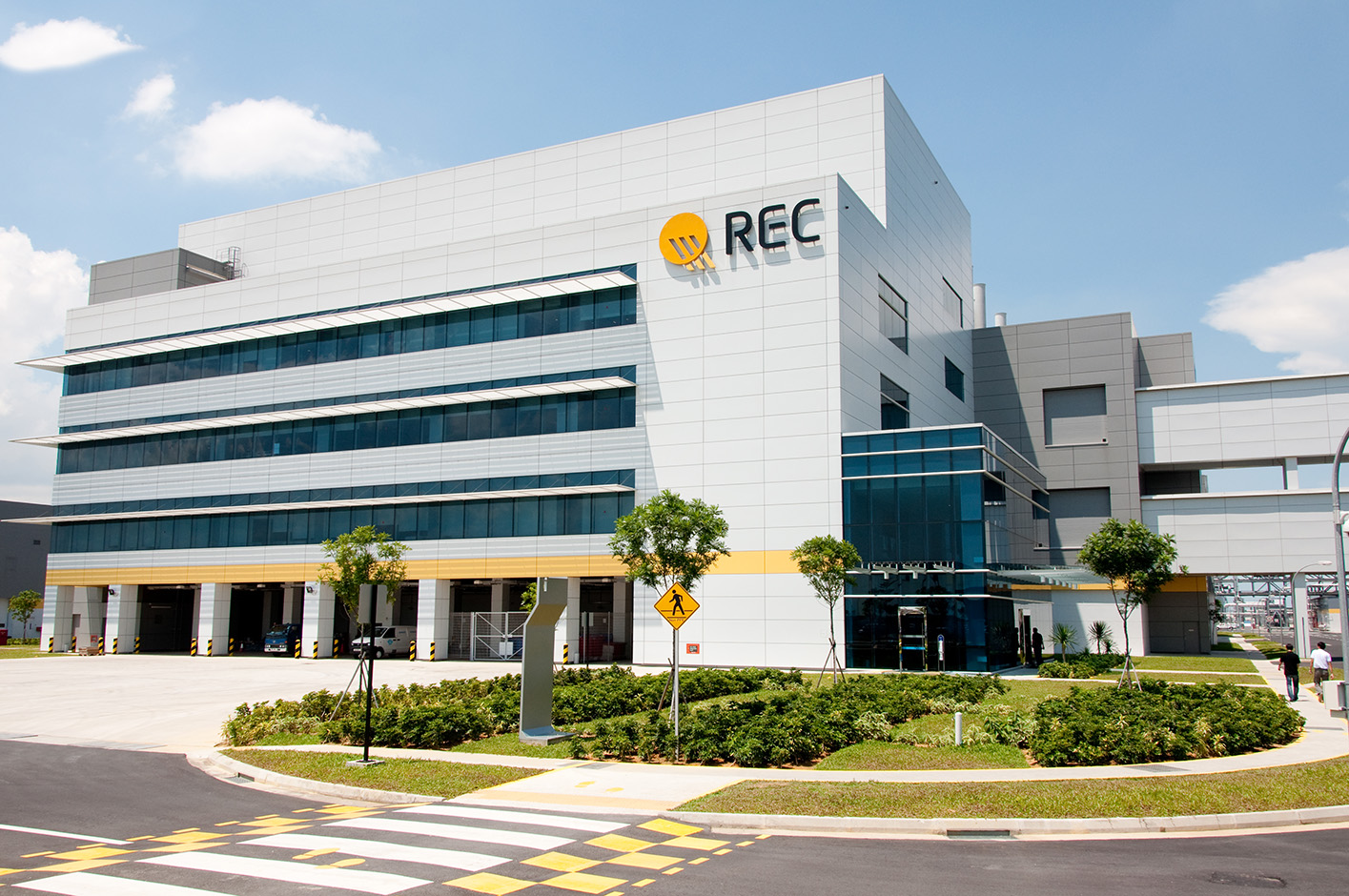
-
Overview: Known for sustainable practices and high-performance modules.
-
Pros: Eco-friendly production, strong warranties.
-
Cons: Availability depends on region.
-
Average Cost: $2.60 – $3.00 per watt.
-
Best For: Green consumers and eco-conscious projects.
4. Tesla Energy (USA)
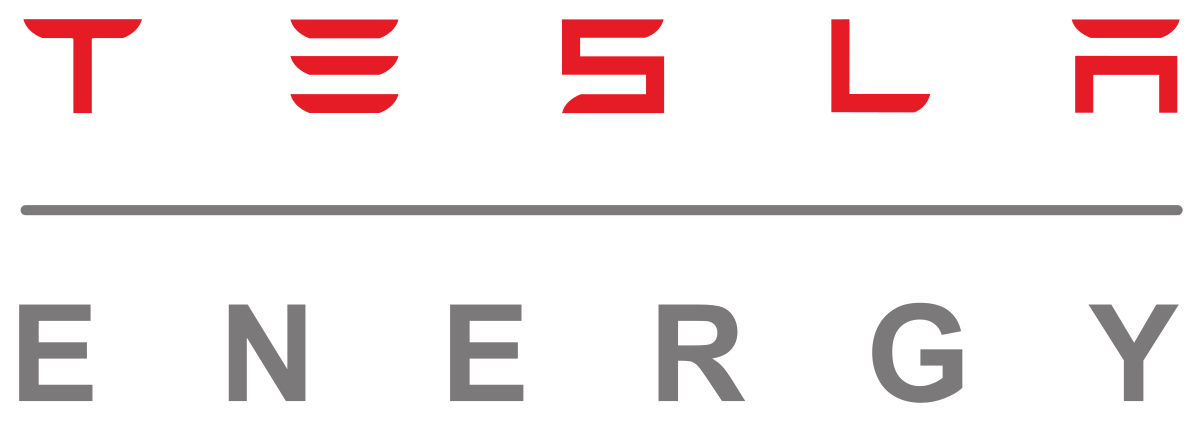
-
Overview: Offers integrated solar + battery solutions including Powerwall.
-
Pros: Sleek designs, smart app monitoring.
-
Cons: Limited service in some regions, customer service concerns.
-
Average Cost: $2.30 – $2.90 per watt.
-
Best For: Smart homes and tech-savvy users.
5. Canadian Solar (Canada)

-
Overview: Supplies affordable solar products in over 160 countries.
-
Pros: Low costs, reliable global reach.
-
Cons: Slightly lower efficiency compared to premium brands.
-
Average Cost: $2.10 – $2.60 per watt.
-
Best For: Commercial projects and rural setups.
6. Qcells (South Korea)

-
Overview: Offers balanced efficiency and pricing for homeowners.
-
Pros: Affordable, good performance.
-
Cons: Slightly less efficient than high-end brands.
-
Average Cost: $2.20 – $2.80 per watt.
-
Best For: Residential use and small businesses.
7. JinkoSolar (China)

-
Overview: Global leader in solar module shipments.
-
Pros: Mass production, competitive pricing.
-
Cons: Customer service may vary.
-
Average Cost: $2.00 – $2.50 per watt.
-
Best For: Utility-scale and commercial solar farms.
Read Also: 10 Best Residential Proxies for Secure and Anonymous Browsing
8. Enphase Energy (USA)
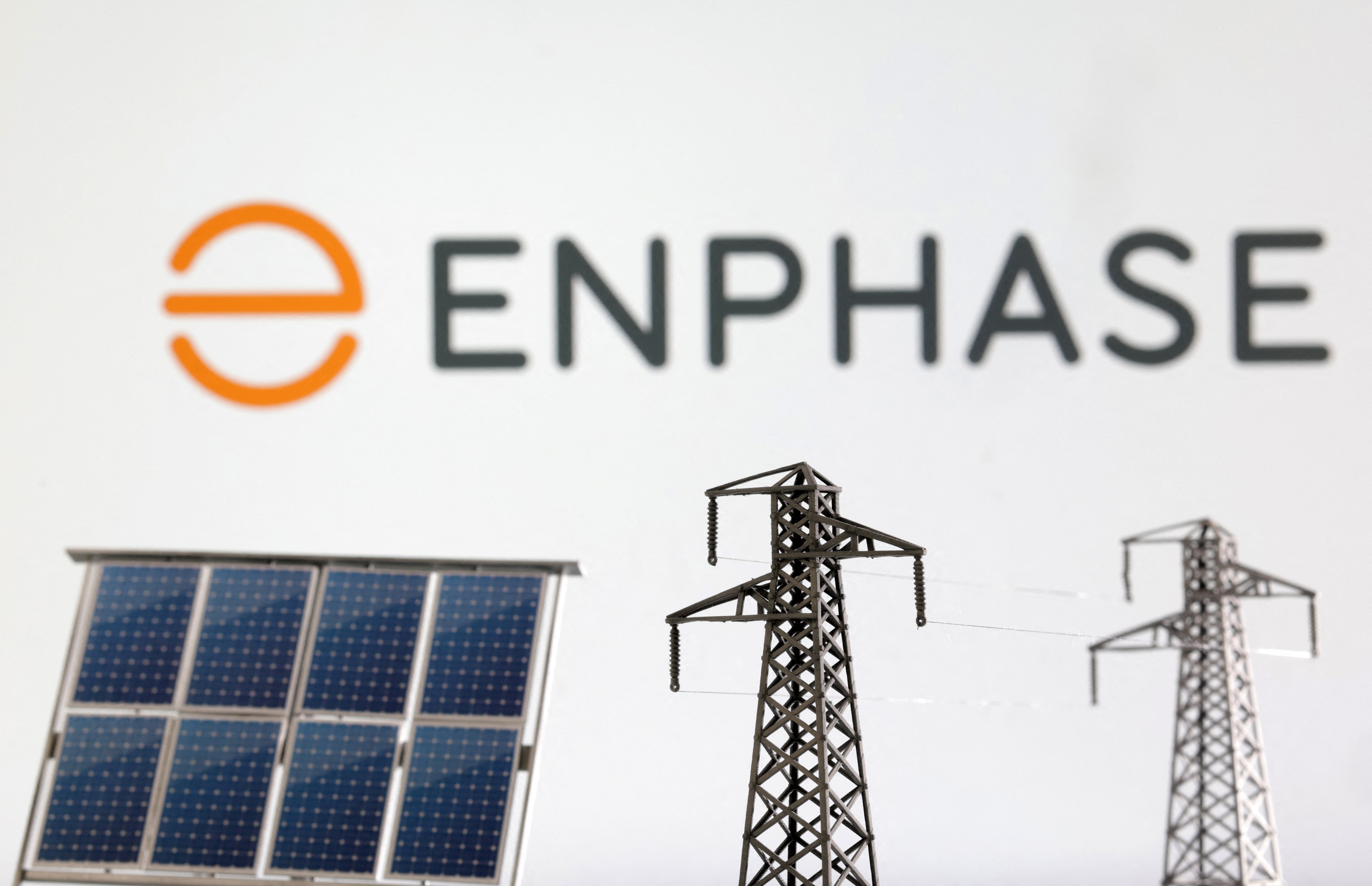
-
Overview: Specializes in microinverters and energy management tech.
-
Pros: Superior energy monitoring, smart home integration.
-
Cons: Higher costs due to microinverter systems.
-
Average Cost: $3.00 – $3.50 per watt.
-
Best For: High-efficiency needs and solar + storage systems.
9. LONGi Solar (China)
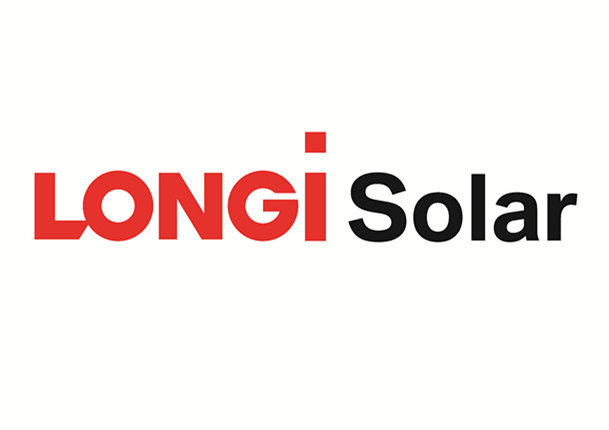
-
Overview: Renowned for high-performance monocrystalline panels.
-
Pros: High efficiency, innovation-driven.
-
Cons: Mainly wholesale/distributor sales.
-
Average Cost: $2.10 – $2.70 per watt.
-
Best For: Advanced installations and developers.
10. SolarEdge Technologies (Israel)
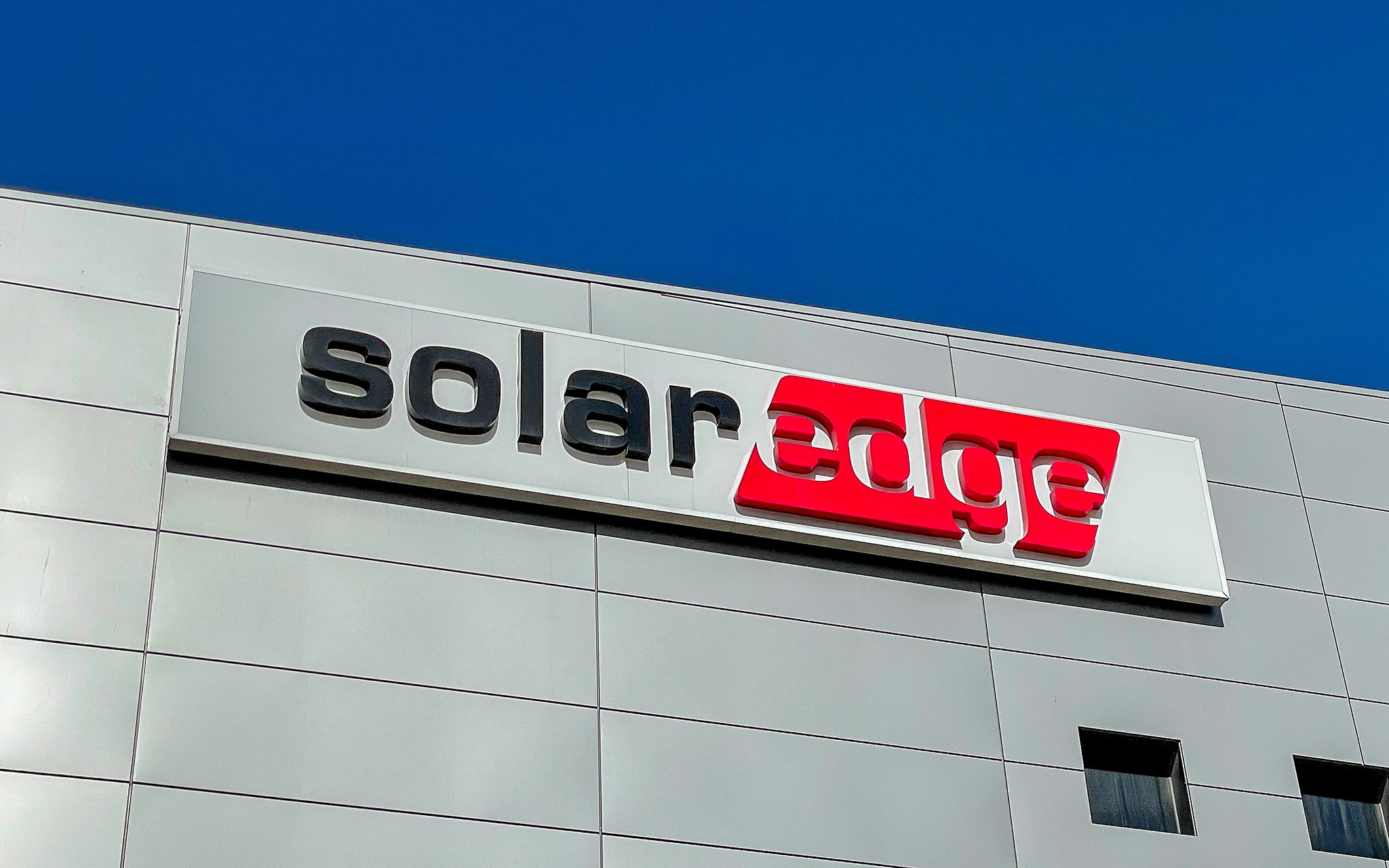
-
Overview: Global leader in inverter and solar optimization tech.
-
Pros: Advanced shading solutions, high-tech inverters.
-
Cons: Relies on third-party panels.
-
Average Cost: $2.50 – $3.20 per watt.
-
Best For: Complex roof systems and high-tech users.
Comparison Table
| Company | Country | Avg. Cost (per watt) | Best For | Key Feature |
|---|---|---|---|---|
| SunPower | USA | $2.80 - $3.20 | Premium residential users | High-efficiency panels |
| Trina Solar | China | $2.30 - $2.70 | Budget projects | Global distribution |
| REC Group | Singapore | $2.60 - $3.00 | Eco-conscious consumers | Sustainability focus |
| Tesla Energy | USA | $2.30 - $2.90 | Smart home users | Solar + battery systems |
| Canadian Solar | Canada | $2.10 - $2.60 | Rural and large-scale use | Value and scalability |
| Qcells | South Korea | $2.20 - $2.80 | Balanced cost/performance | Residential affordability |
| JinkoSolar | China | $2.00 - $2.50 | Utility-scale farms | Mass production |
| Enphase Energy | USA | $3.00 - $3.50 | Advanced monitoring systems | Microinverter tech |
| LONGi Solar | China | $2.10 - $2.70 | Developers and contractors | Monocrystalline efficiency |
| SolarEdge | Israel | $2.50 - $3.20 | Complex roof layouts | Inverter + optimizer systems |
Regional Solar Leaders in 2025: Best Picks by Continent

Image source: pinterest.com
While global giants dominate the solar landscape, regional leaders are making major strides in affordability, innovation, and local service. Here are a few standout solar companies by region in 2025:
-
Europe:
-
SMA Solar (Germany) – Leading inverter technology and system design.
-
Soltec (Spain) – Expert in solar tracking systems for large-scale installations.
-
-
Asia:
-
Adani Solar (India) – Massive scale with aggressive pricing and rural reach.
-
Tata Power Solar (India) – Government-backed reliability and strong rooftop network.
-
-
Australia:
-
RedEarth Energy Storage – Known for off-grid and remote energy solutions.
-
SolarQuotes – A major platform connecting users to vetted installers.
-
-
Africa & Middle East:
-
Noor Energy (UAE) – Operating one of the largest solar parks in the world.
-
Yellow (Pan-Africa) – Affordable, pay-as-you-go solar kits for underserved regions.
-
Why it matters: Local providers often offer better incentives, faster service, and knowledge of weather-specific performance.
How to Choose the Right Solar Company

-
Certifications: Look for ISO, NABCEP (North America), MCS (UK) certified installers.
-
Warranty: 25-year panel warranties are standard; check for inverter and labor coverage.
-
Tech Compatibility: Ensure integration with batteries, monitoring apps, and smart systems.
-
Local Support: Regional installers ensure faster maintenance and smoother installations.
-
Financing Options: Evaluate leasing vs. purchasing and local incentives.
Solar Energy Trends in 2025

-
Battery Integration: Tesla, Enphase, and Qcells offer solar + storage combos.
-
Virtual Power Plants (VPPs): Homes can now sell extra power back to the grid.
-
AI & IoT: Smart energy management platforms are standard in new systems.
-
Recyclable Panels: Companies like First Solar are offering eco-friendly end-of-life recycling.
-
Community Solar Projects: Especially in LATAM, joint solar farms are powering entire villages.
Understanding Solar ROI in 2025: What You Can Expect

Image source: pinterest.com
One of the biggest concerns for new solar buyers is how long it takes to recover their investment. In 2025, better technology and global incentives are shortening that timeline:
| Country | Avg. Payback Period | Main Incentive | Avg. 11kW System Cost |
|---|---|---|---|
| USA | 6–9 years | 30% Federal Tax Credit | $22,000–$30,000 |
| UK | 8–10 years | Smart Export Guarantee (SEG) | £10,000–£14,000 |
| Germany | 10+ years | Feed-in Tariff (ending for new users) | €13,000–€18,000 |
| India | 4–6 years | Rooftop Subsidy (up to 40%) | ₹3.5–₹5.5 Lakhs |
Tips to improve ROI:
-
Install smart meters to sell unused power
-
Pair your system with a battery to reduce grid dependence
-
Apply for local grants, rebates, or loans
Benefits of Going Solar in 2025

Image source: freepik.com
In 2025, solar power is more than a green choice – it’s a smart financial decision. Modern systems are:
-
Cheaper than ever due to advanced manufacturing.
-
Efficient even on cloudy days, thanks to better panel tech.
-
Supported by governments worldwide through tax credits and rebates.
-
Adding value to homes, with buyers willing to pay extra for solar installations.
-
Providing energy independence, reducing reliance on the grid.
Switching to solar today not only cuts your electricity bills but also helps achieve personal and national climate goals.
Solar Financing Options in 2025: Buy, Lease, or PPA?

Image source: pinterest.com
Not everyone can pay for a solar system upfront—but that doesn’t mean you have to miss out. Here are the main ways to finance solar in 2025:
-
Cash Purchase:
-
Best ROI, full ownership, eligible for all incentives
-
Requires higher upfront cost
-
-
Solar Loan:
-
Spread payments over 5–15 years
-
Still qualify for government rebates
-
Green loan rates range from 3%–6% APR
-
-
Lease or Power Purchase Agreement (PPA):
-
$0 upfront in many cases
-
Maintenance handled by provider
-
Less long-term savings, limited system control
-
Quick Tip: Always read the fine print—some leases have price escalators or early termination fees.
Common Mistakes to Avoid When Choosing a Solar Company

Image source: freepik.com
Choosing purely based on price without checking warranty and service quality.
-
Not confirming if the installer is certified or insured in your region.
-
Ignoring local climate compatibility – some panels perform better in heat or snow.
-
Overlooking battery storage needs if you want power backup.
-
Failing to read customer reviews and after-sales support quality.
Being aware of these common mistakes can save you time, money, and frustration in the long run.
Future of Solar Energy – What’s Next?

Image source: freepik.com
Solar skins: Panels that blend seamlessly with roofs without visible panels.
-
Perovskite cells: Next-gen ultra-thin, highly efficient solar materials.
-
Floating solar farms: Large-scale water-based installations for land-scarce countries.
-
Integrated EV charging: Solar setups directly charging electric vehicles at home.
-
Peer-to-peer energy sharing: Selling extra solar power to neighbours via smart grids.
The solar industry in 2025 is dynamic and fast-growing, promising exciting opportunities for homeowners, businesses, and investors alike.
Conclusion
In 2025, solar energy has become more accessible, smarter, and more widely adopted across the globe than ever before. Whether you're a homeowner seeking cutting-edge technology or a business looking for cost-effective energy solutions, there are excellent options available. Companies like SunPower and Tesla continue to push innovation, offering premium products and smart energy management, while brands such as Trina Solar and Jinko provide reliable and affordable solar power for broader markets. To make the most of your investment, it's essential to gather multiple quotes, compare features, and ensure your chosen provider offers strong local support.
FAQs
Q1. What is the best solar energy company globally in 2025?
A: SunPower and Tesla lead for innovation and quality; Trina and Jinko offer affordability.
Q2. How much does solar cost in 2025?
A: Average $2.00 – $3.50 per watt globally. For an 11 kW system, costs range from $20,000 to $30,000 before incentives.
Q3. Are solar incentives available in 2025?
A: Yes. The U.S. offers a 30% tax credit. Europe and Asia offer grants, subsidies, and net metering.
Q4. Do all companies offer battery storage?
A: No. Tesla, Enphase, and SolarEdge specialize in solar + storage.
Q5. Is solar power worth it in 2025?
A: Yes, especially with rising electricity costs, energy independence, and global sustainability goals.

















